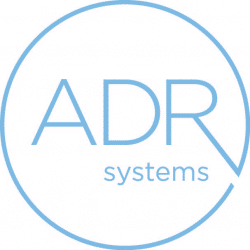ADR Systems is pleased to announce our new arbitration guide, Arbitration: You Have Choices, which helps attorneys understand the many choices they have in commercial arbitration.
This guide will give attorneys a better understanding of the commercial arbitration process and their options during the process, including selecting an arbitrator, setting rules and provider guidelines and tailoring the overall procedure to suit their needs.
Arbitration is an adjudicatory alternative dispute resolution (ADR) process in which parties privately — and often confidentially — resolve their dispute by empowering an arbitrator — or panel of three arbitrators — to rule on the case. In effect, arbitrations are simplified versions of bench trials that emanate from contractual provisions in which parties agree to resolve any — or only some — future disputes through arbitration. When writing such provisions in contracts, parties must think carefully, strategically and circumspectly about the future disputes likely to arise from the contractual relationship, as well as about the design of the process. This includes the choice of arbitrator, rules, procedures, law, scope and more. When well-designed, arbitration is a time- and cost-saving dispute resolution process. Variations of arbitration can also serve parties interested in pursuing a private adjudicatory process: non-binding arbitration and arbitrations whose awards are controlled by high-low agreements between parties.
ADR Systems’ neutrals are highly respected, popular arbitrators who have contributed their time and teaching efforts to helping attorneys better understand the subtleties of all that goes into arbitrating a dispute. Hon. Michael R. Panter, (Ret.) and Hon. Lisa R. Curcio, (Ret.) have both published articles about arbitration: the former about tri-panel arbitration proceedings and the latter about how attorneys can overcome fears of arbitrating construction disputes.
View a digital version of the guide.
ADR Systems, It’s Settled. ®





